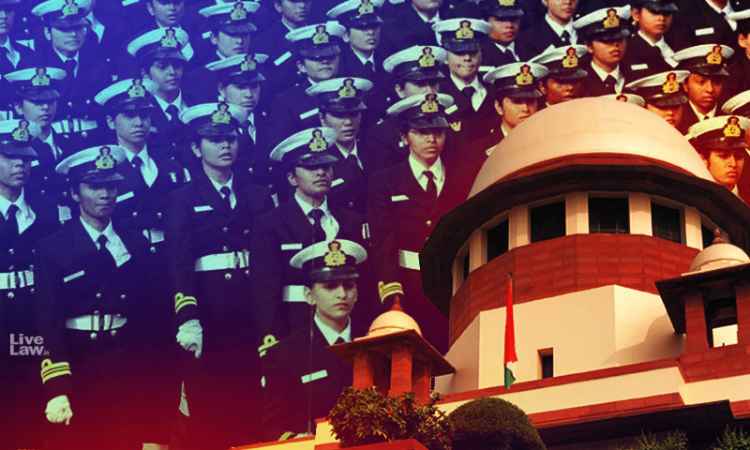The Supreme Court on Tuesday relegated to the Armed Forces Tribunal (AFT) the individual male and female naval officers challenging the rejection of their claim for the grant of Permanent Commission, or in the alternative, seeking pensionary benefits in terms of the directions of this court in Annie Nagaraja's case."Since the petitioners have already have an efficacious remedy before the AFT,...

